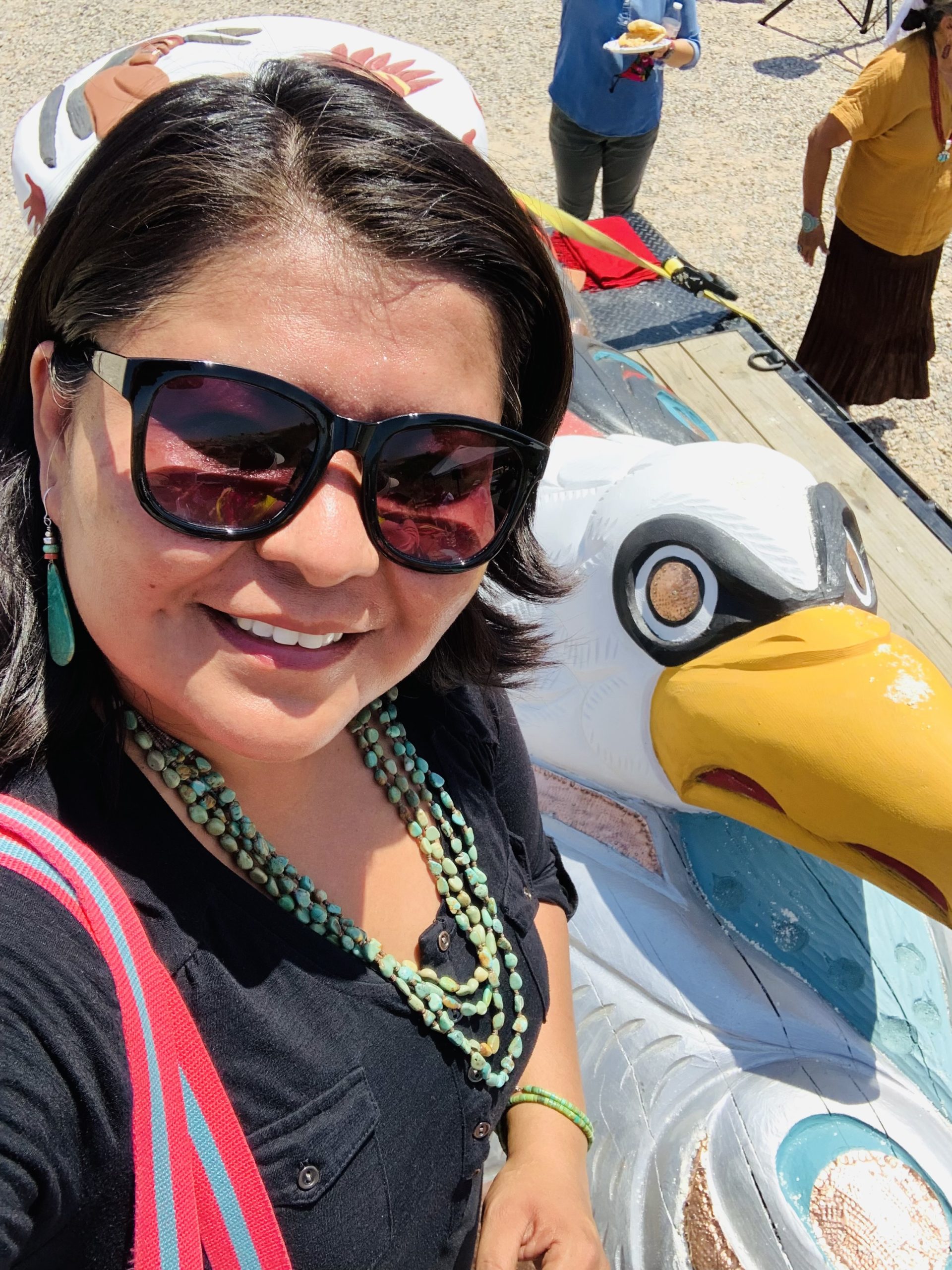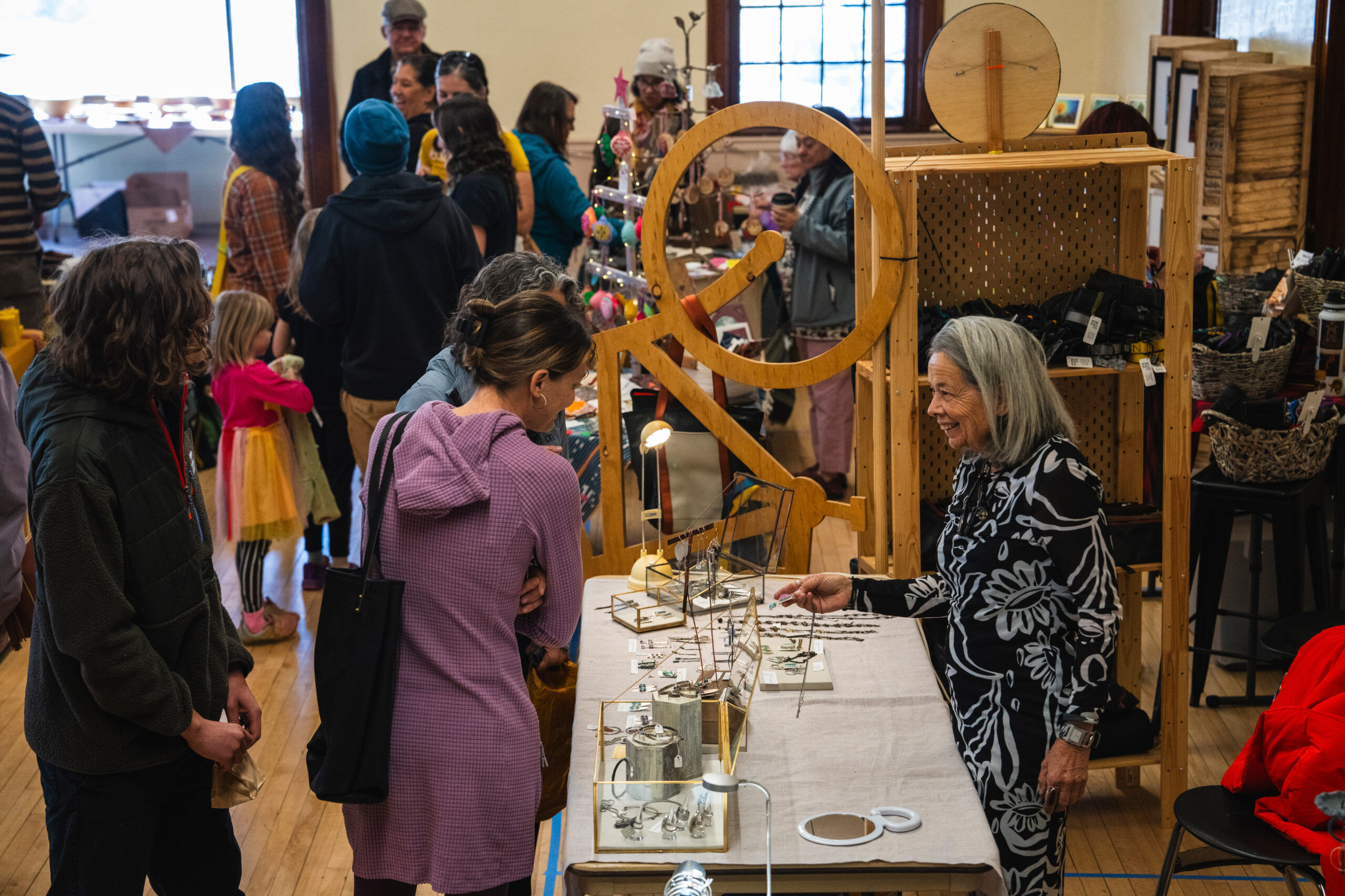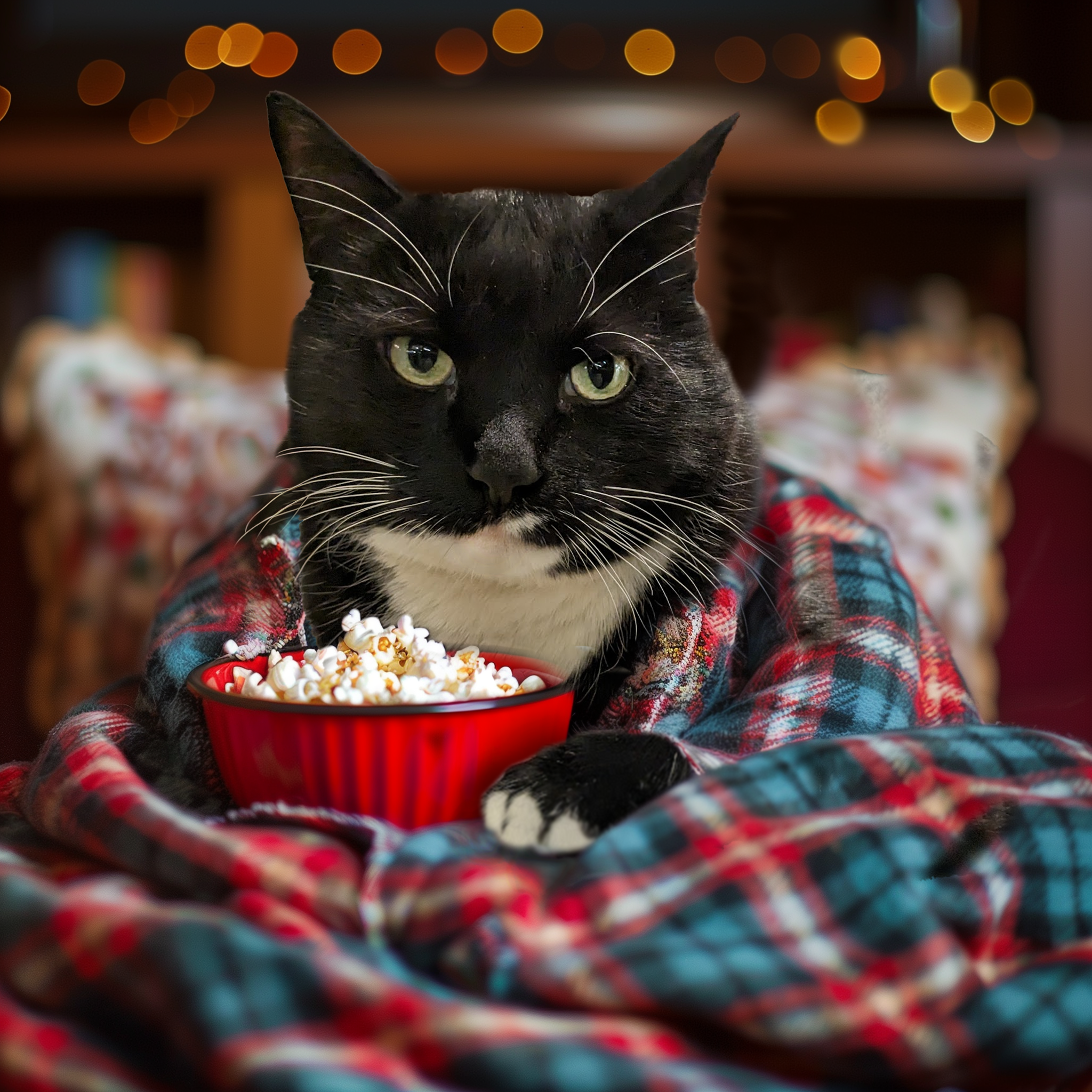Some information may be outdated.
For National Native American Heritage Month, this column will feature Indigenous inhabitants of the Colorado Plateau, celebrating and learning from their knowledge and perspectives. This week, we speak with Talia Boyd, the Grand Canyon Trust’s cultural landscapes manager, who was born and raised on the Navajo Nation.
Science Moab: What motivated you to pursue advocacy on behalf of Native communities?
Boyd: My childhood community was impacted by uranium legacy waste. I was heartbroken because I realized that no matter where I went on my homelands, they’ve been impacted tremendously by extractive industries. This spurred my passion to start advocating.
Science Moab: What does the term “cultural landscapes” mean to you?
Boyd: When we talk about a cultural landscape, it’s about our traditional homelands. We have a deep responsibility rooted in being stewards of this land — we don’t see ourselves as owners of this land. We consider the land family, and we’ve built regenerative relationships with it since the beginning.
When we talk about cultural landscape protection, it really is talking about protecting ourselves as humans. We recognize that whatever happens to the land will also happen to us.
Science Moab: Could you outline the issues facing these landscapes?
Boyd: It’s the desecration of our sacred landscapes and our sacred spaces. It’s desecration by extractive industries — uranium, oil and gas, coal.
There’s also been a lot of looting and vandalism: our ancestors, our pottery, our baskets, have been dug up and put into museums. People are selling our sacred items in auctions. This is happening on the Colorado Plateau.
Because of the contamination, a lot of people in our communities are no longer here. Some folks aren’t educated in Western knowledge, so they don’t know how to advocate on behalf of their families.
Science Moab: How are you working to tackle these issues?
Boyd: It’s a lot of hard conversations, right? It’s putting yourself in uncomfortable spaces, and pushing back on white supremacy.
We’re trying to shift into a just transition: taking back power, working closely with traditional knowledge keepers and connecting them with our younger generations. We’re having these hard conversations and trying to build bridges. We all need to move forward and heal and advocate for our homelands.
Science Moab: What would it look like for Western scientists to help change these power imbalances?
Boyd: It goes back to making space and building rapport with tribal communities, and pulling in tribes to the table. We don’t have the resources, the capacity or the bandwidth.
What needs to happen is the recognition that traditional knowledge is equal to, if not better than, Western knowledge and science. Make space for that when it comes to land management. Plant those seeds and have those hard conversations with folks; let them know you’re on Native land. Acknowledge that tribes don’t have the capacity to necessarily be there, even though we want to.
A lot of Western scientists are in powerful spaces. Give up some of that power by stepping back and acknowledging the first peoples of this land, and acknowledging that our traditional knowledge is sophisticated and very much needed.
Science Moab: Can you speak to the intersection of the climate crisis and Indigenous knowledge?
Boyd: I believe Native peoples are the solution to the climate crisis. Our traditional knowledge systems have been in place for so long. We have these regenerative relationships, we know how to take care of the natural world. For the longest time, our land hasn’t had that. Our land misses us and we miss our land, and there’s deep trauma that still exists within tribal communities.
We know how to talk to the natural world, to recreate that balance. And that’s what’s needed right now. This is why we’re stepping into these spaces of leadership, and taking that space right, proudly. We’re ready to lead, but at the same time, we have so many barriers that it does require our friends and allies to help make those spaces.
It requires us to step outside of our comfort zones. That isn’t always easy, but I encourage people to try. That’s what’s going to move the dial. So let’s start doing this work. Let’s come together. Let’s work hard.
Science Moab is a nonprofit dedicated to engaging community members and visitors with the science happening in Southeast Utah and the Colorado Plateau. To learn more and listen to the rest of Talia Boyd’s interview, visit www.sciencemoab.org/radio. This interview has been edited for clarity.
Appreciate the coverage? Help keep local news alive.
Chip in to support the Moab Sun News.





